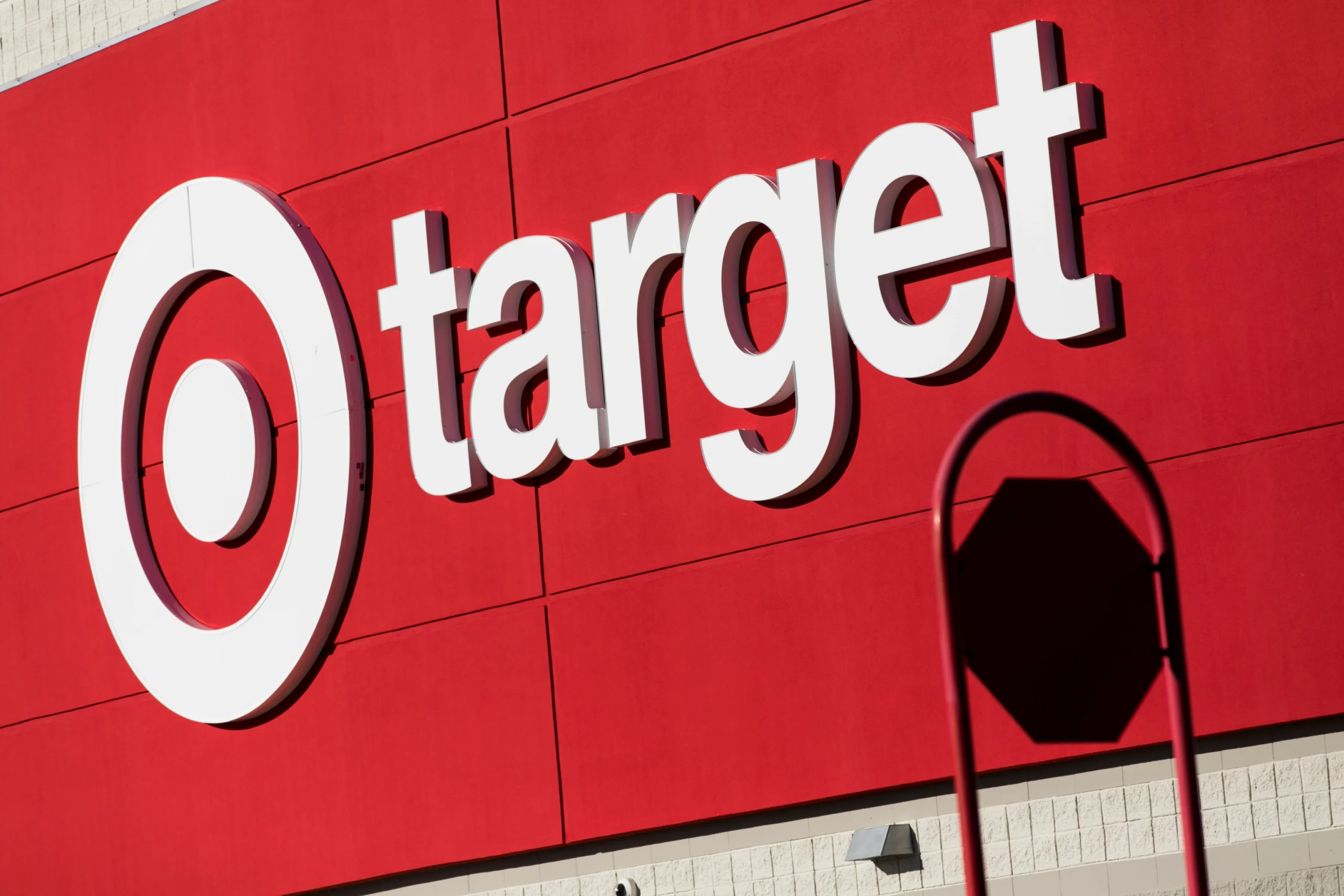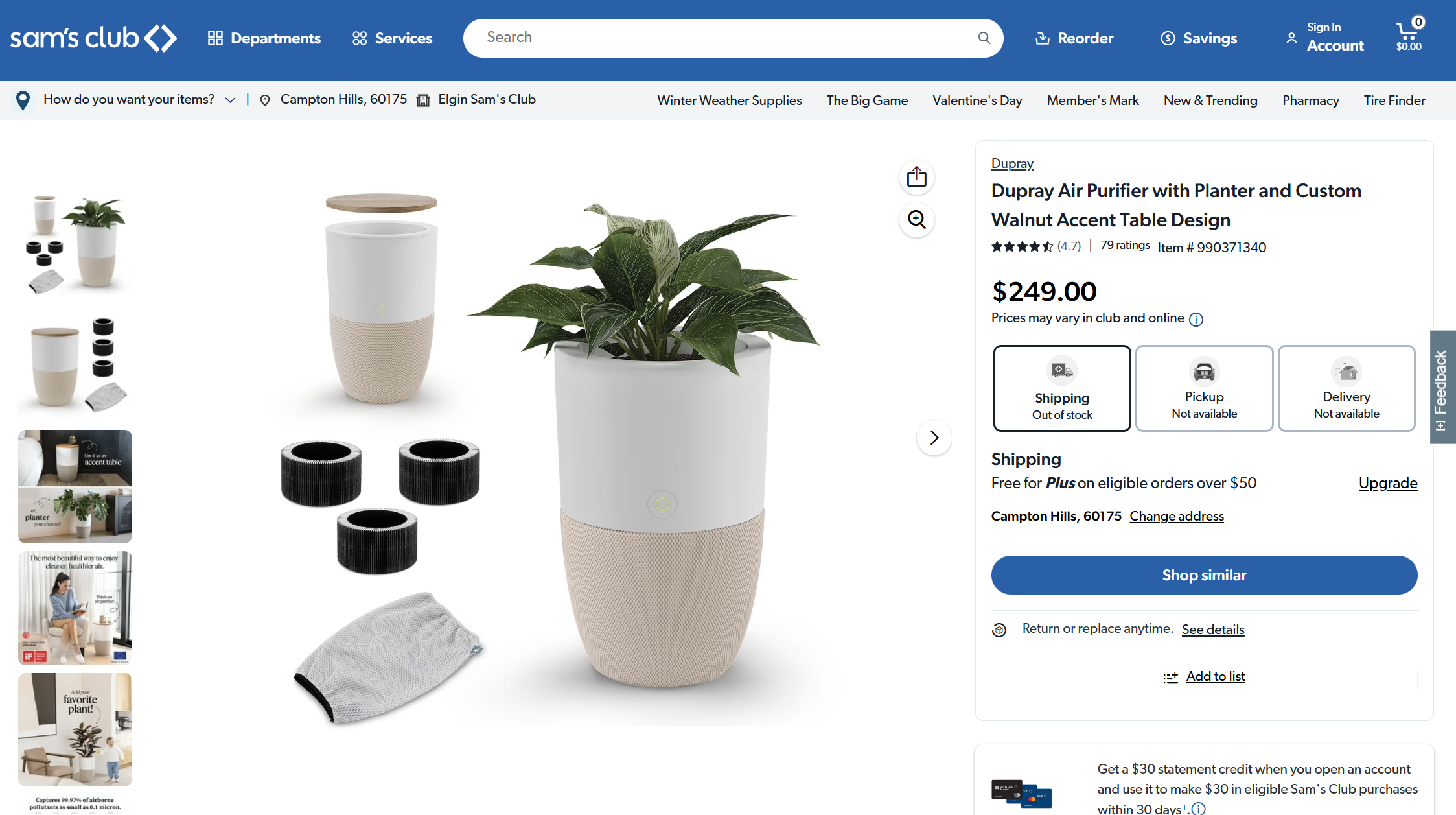Getting your product into Target is a major milestone for any consumer brand. But with thousands of submissions sent to Target each year, only a small number of products make it onto store shelves.
The brands that succeed usually understand how Target works, what the buyers expect, and what is required to become a Target-approved vendor.
This guide breaks down the process in a clear, easy-to-follow way so you can prepare your product, your pitch, and your business for Target.
Why Some Brands Don’t Get Into Target
Before you begin, it’s helpful to know why many brands get rejected. These issues are common—and avoidable.
1. No Market Validation
Target wants proven products. If you do not have sales history, reviews, or repeat customers, Target may see your brand as too risky.
2. Poor Sales Presentation
A buyer presentation should be clear, professional, and supported by data. Weak pitches often lead to immediate rejection.
3. Unclear or Weak Packaging
Packaging must quickly tell the shopper:
- What the product is
- Why it’s unique
- Why it is right for Target customers
If your packaging looks confusing or unpolished, buyers will move on.
4. Pricing That Doesn’t Fit the Category
Your MSRP and wholesale pricing must match the pricing norms in your category.
If your product is priced too high or too low, Target may decline it.
Target’s Vendor Requirements: What You Must Have
Target expects all suppliers to meet strict standards before they apply. These standards help ensure safety, quality, and reliability.
✔ High-Quality, Affordable Products
Target shoppers expect value. Your product must be well-made and priced competitively.
✔ Safety and Compliance
You must follow Target’s rules for:
- Product safety
- Labeling
- Testing
- Packaging
(Requirements vary depending on your category.)
✔ Reliable Supply Chain
Inventory must arrive on time and in full. You must be able to forecast, produce, and ship consistently.
✔ EDI and Electronic Payments
Target requires:
- EDI (Electronic Data Interchange)
- Electronic funds transfer (EFT)
- No paper purchase orders
If you cannot support these systems, Target will not approve you as a vendor.
✔ Responsible Sourcing
This includes:
- Ethical labor practices
- Environmental standards
- Social compliance audits
Brands that do not meet these requirements cannot move forward.
Do You Need to Contact a Target Buyer First?
Not always.
Target allows brands to apply directly through their vendor application portal. You can submit your product information, and Target will review it internally.
However, connecting with a buyer can help. A warm introduction or meeting at an industry event can increase your visibility, but it is not required.
How to Approach Target Buyers Professionally
If you want to reach out directly, here are the main ways buyers discover new products.
1. Email Outreach
Keep your email short and clear:
- What the product is
- Why it is unique
- Why it fits the Target shopper
- A link to images or a sell sheet
Buyers appreciate simple messages.
2. Online Submission Platforms
Target partners with vendor submission websites. These platforms help buyers filter and evaluate new products.
3. Trade Shows & Events
Target buyers attend many industry trade shows. Examples include:
- CES
- The Inspired Home Show
- Toy Fair
- Expo West
- Category-specific events
Meeting a buyer in person can make a strong impression.
4. Direct Contact
If you already have a buyer’s contact information, you may reach out. Just make sure your communication is polite, brief, and professional.
How to Become a Target Supplier
Here’s how to improve your chances once you’re ready to apply.
1. Study Your Category
Visit your local Target and observe:
- Which brands are your competitors
- How similar products are priced
- What packaging styles work well
- How products are displayed
This helps you prepare your product for success in-store.
2. Improve Your Packaging
Your packaging should be:
- Easy to read
- Eye-catching
- Focused on benefits
- Ready for retail shelves
Good packaging is one of the biggest factors in a buyer’s decision.
3. Grow Your Social Media Presence
Target buyers often check your online presence. Make sure:
- Your profiles are up to date
- Your links work
- Your content is clean and professional
- Your posts use relevant keywords
A strong digital presence signals demand.
4. Prepare to Scale Production
If Target says “yes,” demand may rise quickly. Make sure your:
- Manufacturing
- Logistics
- Warehousing
- Inventory planning
can handle higher volume.
5. Work With a Retail Broker or Consultant
Partners like Retailbound help brands:
- Improve their pitch
- Meet compliance standards
- Contact the right buyers
- Manage ongoing retail sales
This guidance can make the process easier and more successful.
Is Your Brand Ready for Target?
Before applying, confirm you can meet Target’s basic requirements:
- You follow Target’s Vendor Code of Conduct
- You meet responsible sourcing standards
- You support EDI and electronic payments
- You have proper insurance
- You can ship on time and at scale
- Your packaging is retail-ready
If you can check all these boxes, you may be ready for a buyer review.
You Can Sell Your Product to Target
Getting into Target is challenging, but it’s absolutely possible with the right approach.
When you combine strong packaging, smart pricing, real market validation, and professional communication, your brand can stand out in Target’s competitive review process.
Need help? The experts at Retailbound help consumer brands get into major retailers—including Target.
📩 Email us at info@retailbound.com to get started.
🚀 Experience Retailbound Launch
Retailbound Launch simplifies every part of the retail journey. Our team helps brands with:
- Retail strategy
- Pitch development
- Buyer engagement
- Sales management
- Channel marketing
With over 170 years of combined retail experience, we help brands grow in retailers across the U.S. and Canada.
You’re not just launching a product—you’re launching a brand.
About the Author
Yohan Jacob, President and Founder of Retailbound, leads a retail channel management consultancy that supports brands in over 150 retailers across North America. His team specializes in retail strategy, sales presentations, buyer engagement, and long-term retail expansion.



